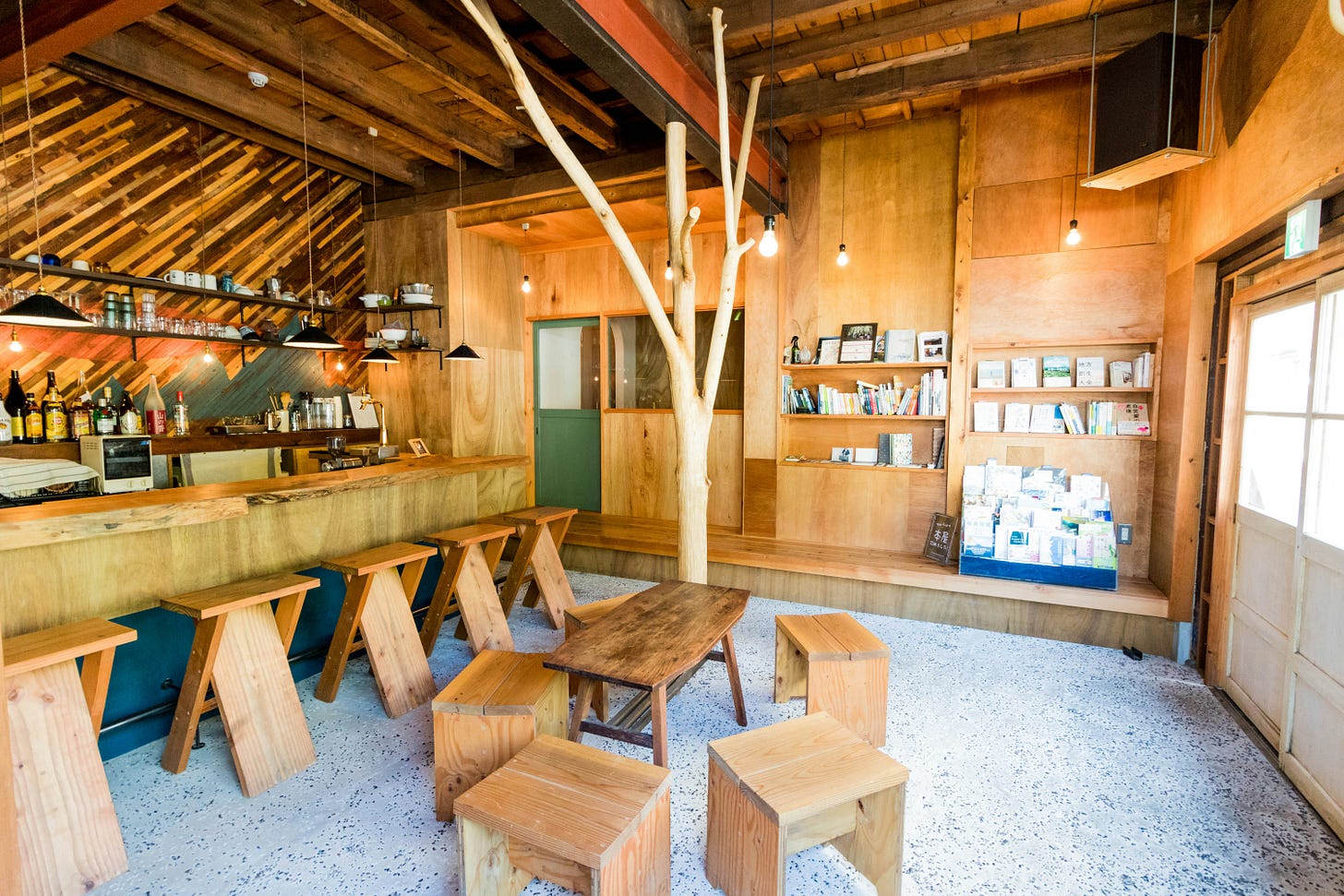Travel, Adventure, and the Culture of Hospitality: Lessons from the Appalachian Trail on the Generosity of Humanity
Travel and adventure rely heavily on a culture of hospitality and how one is perceived in an unfamiliar place as either a welcomed guest or a stranger to be feared.

“Oh yes, sir, good old stranger,” the bright-eyed goddess said,
“I’ll show you the very palace that you’re after—
the king lives right beside my noble father.
Come quietly too, and I will lead the way.
Now not a glance at anyone, not a question.
The men here never suffer strangers gladly.”
-Homer, The Odyssey
One of the m…
Keep reading with a 7-day free trial
Subscribe to Those Who Wander to keep reading this post and get 7 days of free access to the full post archives.




